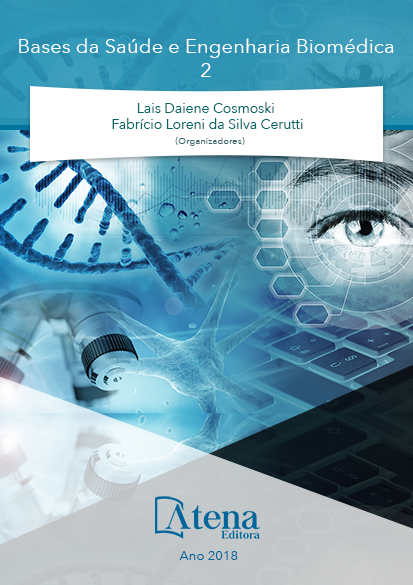
AVALIAÇÃO DO CONHECIMENTO ENTRE ESTUDANTES E PROFISSIONAIS DE SAÚDE SOBRE O CÂNCER DE PRÓSTATA
O câncer de próstata é caracterizado
pelo aumento exagerado do tamanho da próstata,
desenvolve-se lentamente, e é o câncer que
mais afeta os homens no Brasil. Os fatores que
mais influênciam no desenvolvimento do câncer
de próstata são origens étnicas e hereditárias.
Sua maior incidência ocorre em homens negros,
e em casos hereditários, quando ocorre casos
da doença em pessoas da família com menos
de 60 anos de idade, a incidência é maior que
na população geral. O objetivo desse trabalho é
informar sobre o câncer de próstata como sendo
uma doença que é fácil de ser diagnosticada
através que métodos específicos, como: exame
de toque retal, ultrassonografia, biópsia, exame
de sangue PSA, estudos histopatológicos, entre
outros. Esse tipo de câncer é bastante silencioso,
muitas vezes não apresenta sintomas, porém,
em alguns casos ocorre dor ou dificuldade de
urinar ou ejacular, dor na região dos testículos,
sensação de bexiga sempre cheia, mesmo
tendo urinado, micção noturna em pequenas
quantidades e disfunção erétil.
AVALIAÇÃO DO CONHECIMENTO ENTRE ESTUDANTES E PROFISSIONAIS DE SAÚDE SOBRE O CÂNCER DE PRÓSTATA
-
DOI: Atena
-
Palavras-chave: câncer, diagnóstico, próstata, tratamento.
-
Keywords: cancer, diagnosis, prostate, treatment.
-
Abstract:
Prostate cancer is characterized
by exaggerated enlargement of the prostate
gland, it develops slowly, and is the cancer
that most affects men in Brazil. The factors that
most influence the development of prostate
cancer are ethnic and hereditary origins. Its
highest incidence occurs in black men, and in
hereditary cases, when cases of the disease
occur in people of the family under 60 years
of age, the incidence is higher than in the
general population. The objective of this study
is to report prostate cancer as a disease that
is easy to diagnose through specific methods
such as: rectal examination, ultrasonography,
biopsy, PSA blood test, histopathological
studies, among others. This type of cancer is
quite silent, often has no symptoms, but in some
cases pain or difficulty to urinate or ejaculate,
pain in the region of the testicles, sensation
of bladder always full, even having urinated,
night micturition in small amounts and erectile
dysfunction.
-
Número de páginas: 15
- rafael assunção gomes de souza


